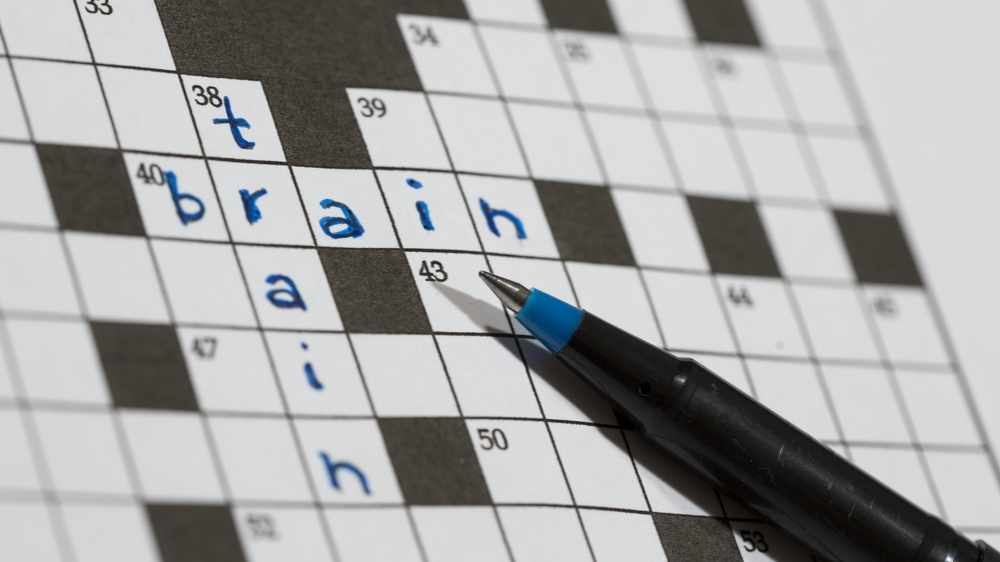-
Featured News
Active Mind may Delay Alzheimer’s Symptoms, but not Underlying Disease
 ROCHESTER, Minn. – Keeping the mind active may delay symptoms of Alzheimer’s disease; however, the activity does not change the underlying disease in the brain for most people, according to a study published today in the online edition of Neurology, the medical journal of the American Academy of Neurology.
ROCHESTER, Minn. – Keeping the mind active may delay symptoms of Alzheimer’s disease; however, the activity does not change the underlying disease in the brain for most people, according to a study published today in the online edition of Neurology, the medical journal of the American Academy of Neurology.
For people who are carriers of a gene linked to Alzheimer’s, the findings differed. People with a gene called APOE4, who had at least 14 years of education and kept mentally active in middle age had lower levels of proteins called amyloid plaques. The proteins can build up in brain tissue and lead to Alzheimer’s disease. People with the gene and a high level of education but did not keep mentally active in middle age had higher levels of amyloid plaques.
“When we looked specifically at the level of lifetime learning, we found that carriers of the APOE4 gene who had higher education and continued to learn through middle age had fewer amyloid deposition on imaging when compared to those who did not continue with intellectual activity in middle age,” says study author Prashanthi Vemuri, Ph.D., a Mayo Clinic dementia researcher.
MEDIA CONTACT: Susan Barber Lindquist, Mayo Clinic Public Affairs, 507-284-5005, newsbureau@mayo.edu.
Dr. Vemuri said the overall findings for people who do not carry the gene should not discourage people from exercising and taking part in activities, such as reading books and magazines, playing games and using computers. “The takeaway message for the general public is that keeping your mind active is very important in delaying symptoms of Alzheimer’s disease,” says Dr. Vemuri.
Journalists: Sound bites with Dr. Vemuri are available in the downloads.
https://youtu.be/9HOXB0_0y3g
For the study, researchers evaluated 393 people without dementia who were part of the Mayo Clinic Study of Aging. Of those, 53 had mild cognitive impairment. All were 70 or older. They were divided into two groups: those with more than 14 years of education and those with less. Then, researchers used MRI and positron emission tomography scans to look for biomarkers of Alzheimer’s disease and questionnaires to evaluate weekly intellectual and physical activity in middle age.
The study was supported by the National Institutes of Health.
For more on the study, see Neurology.
###
About Mayo Clinic
Mayo Clinic is a nonprofit organization committed to medical research and education, and providing expert, whole-person care to everyone who needs healing. For more information, visit http://www.mayoclinic.org/about-mayo-clinic or https://newsnetwork.mayoclinic.org.







